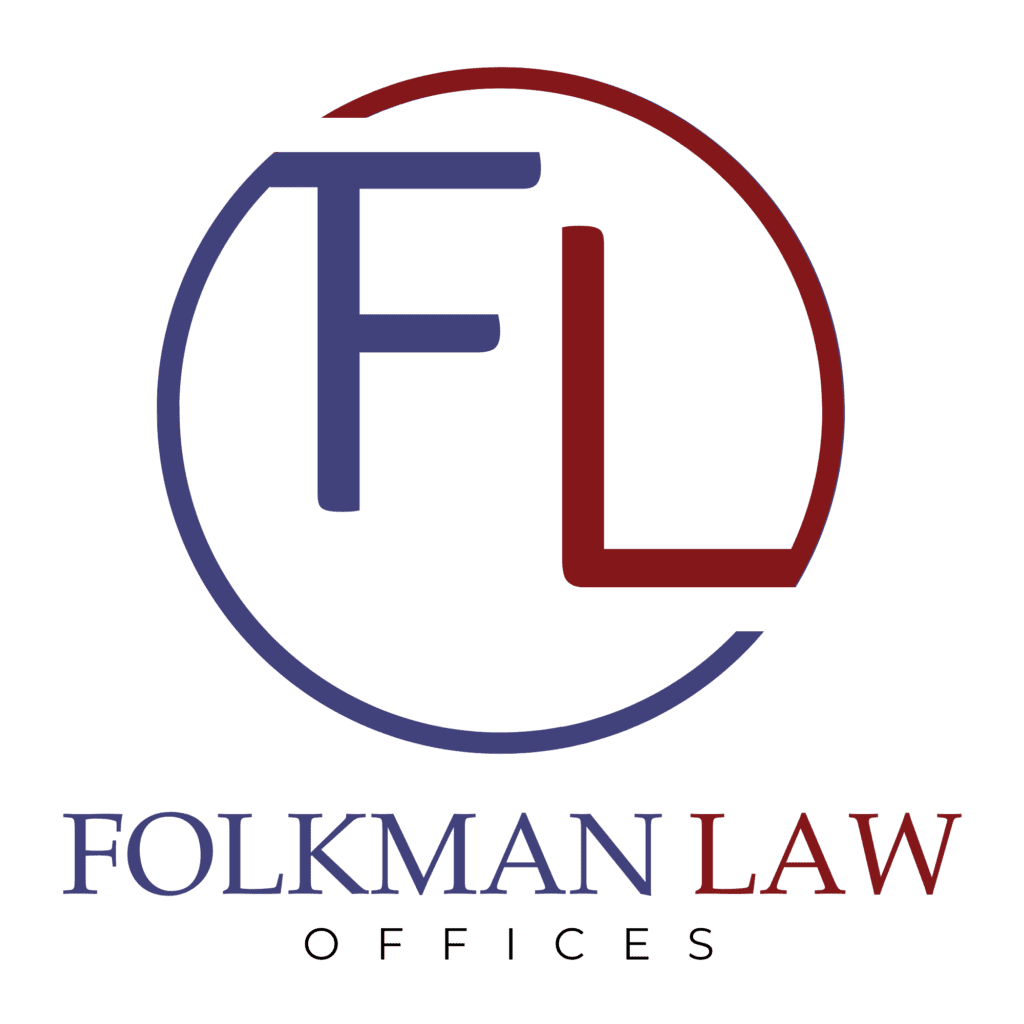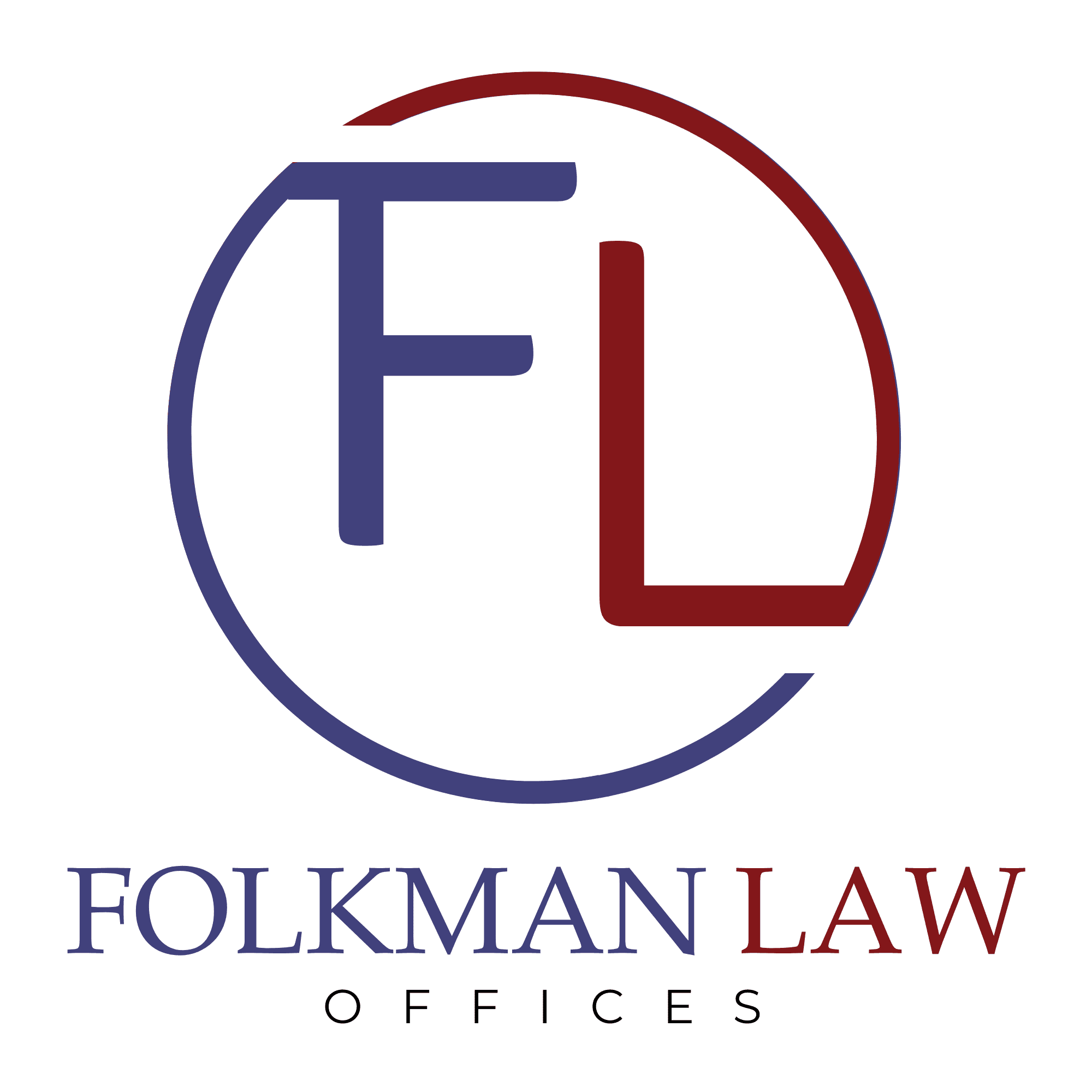 When patients are in pain, doctors often prescribe opioid pain medications. They are effective in treating pain, but can have a dangerous side effect. For many, what begins with a doctor’s prescription ends in the vicious cycle of drug addiction. Cherry Hill medical malpractice lawyers discuss who is liable for such addictions.
When patients are in pain, doctors often prescribe opioid pain medications. They are effective in treating pain, but can have a dangerous side effect. For many, what begins with a doctor’s prescription ends in the vicious cycle of drug addiction. Cherry Hill medical malpractice lawyers discuss who is liable for such addictions.
Research shows that almost five percent of people using narcotic pain relievers develop an addiction to narcotics. Which is a significant number when you consider the pain and devastation drug addiction has on families, and just how difficult it is to break free from addiction.
Most narcotic pain medications are made with opium, a natural ingredient also found in heroin. The most widely used natural narcotics are codeine and morphine. Narcotics can also be synthetic. Some of the most common synthetic narcotics are Percocet, Vicodin, and OxyContin.
When does a doctor’s prescription for narcotic pain medication become medical malpractice? The law defines medical malpractice in South Jersey and throughout the country as a health care provider’s failure to demonstrate the level of care that the average provider with the same skills and experience would.
Addiction is Difficult to Prove
Many malpractice cases are fairly cut and dry. For example – maybe the doctor left a surgical instrument inside of a patient after surgery. That type of negligence is easy to show. Cases that involve potential narcotic addiction are tougher to prove. Proving that a doctor acted unreasonably when prescribing your pain medication can be challenging.
In a medical malpractice case, A Cherry Hill medical malpractice lawyer will obtain all of your medical records. They will also consult with additional medical professionals to assess the care you were provided.
The medical professional serving as a witness in a malpractice case will consider the following: your initial symptoms, the doctor’s diagnosis, the standard of care, and your medical history. Perhaps most important to consider – does the patient have a known history of drug addiction?
If a patient reports a history of opioid addiction to their physician and that doctor still orders a prescription of narcotics, the patient may have a case for medical malpractice. If the doctor prescribes narcotic pain medication for an injury that is not severe enough to require opioids, this too may be negligence. When a patient’s pain persists, and a doctor continues to prescribe narcotic pain meds even though the patient appears to be addicted, the doctor may also be liable.
Cherry Hill Medical Malpractice Lawyers at Folkman Law Offices, P.C. Understand Medical Malpractice
Because medical malpractice cases in South Jersey that involve narcotic pain medication addiction are difficult to prove, it is wise to seek the assistance of a Cherry Hill medical malpractice lawyer. Associates at Folkman Law Offices, P.C. understand the subtleties of proving negligence in addiction cases, and can hold your healthcare provider responsible so you can move forward in your life. Call our Cherry Hill, New Jersey, office today at 856-354-9444 or contact us online. Folkman Law serves clients throughout Pennsylvania and New Jersey.


